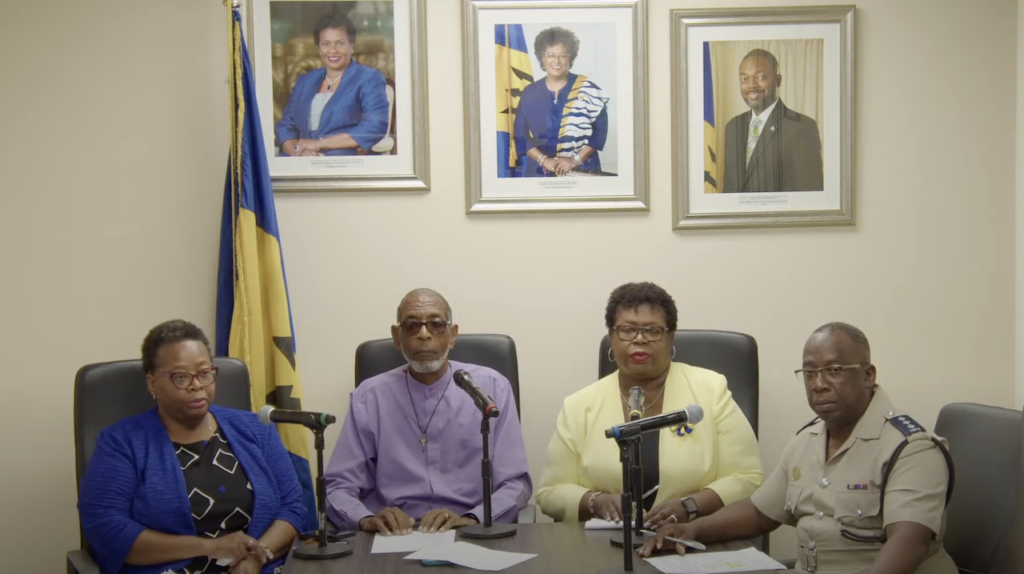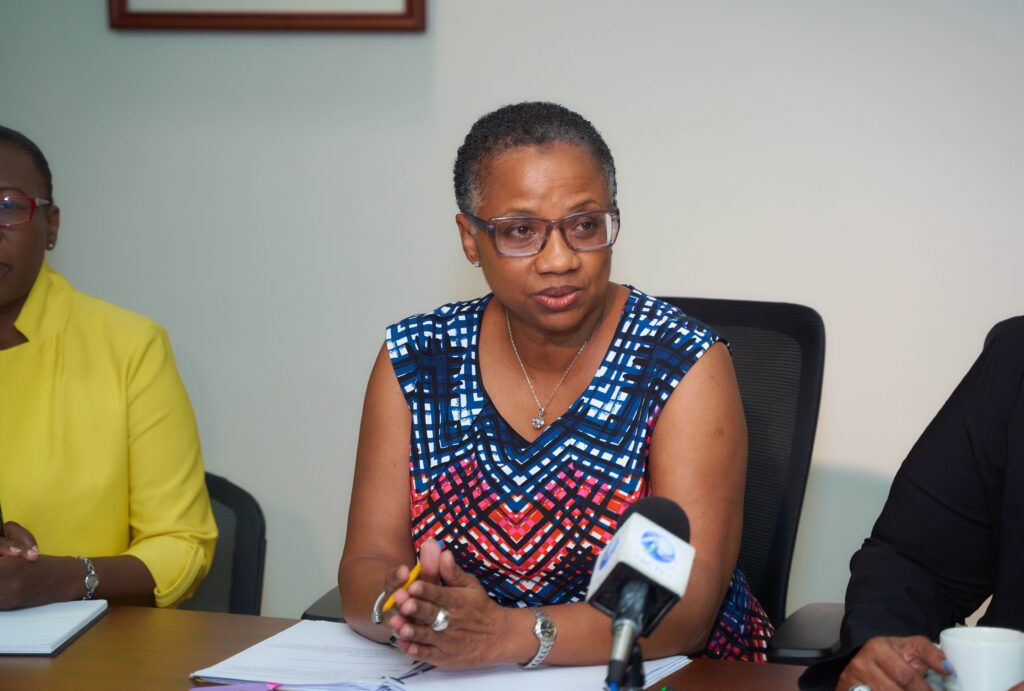If there is one thing that can be gleaned from the recently concluded United States presidential election in which Donald Trump emerged as the winner, it is the importance of understanding how economic conditions are impacting constituents.
While it can be conceded that there are some peculiarities about Trump the candidate and the perceptions on race and nationalism in the United States, the pocketbook issues still play a key role in how voters feel.
Gallup, an experienced and highly regarded analytics company, offered its analysis of the factors that would influence the US election outcome. In fact, one month before the election, Gallup appeared to be spot on, even though the outcome shocked many Democrats and Kamala Harris supporters.
“The economy ranks as the most important of 22 issues that US registered voters say will influence their choice for president. It is the only issue on which a majority of voters, 52 per cent, said the candidates’ positions on it are an ‘extremely important’ influence on their vote. Another 38 per cent of voters rate the economy as ‘very important’, which meant the issue would be a significant factor to nine in 10 voters,” the organisation stated.
Were Democrats paying greater attention, they would have focused more on extolling their economic plan as well as the many actions they took to save manufacturing jobs and rescue the US economy from the recessionary conditions Trump presided over after his less-than-stellar handling of the COVID-19 pandemic.
It was discovered in early October analysis that voters viewed Trump as better able than Harris to handle the economy, with 54 per cent versus 45 per cent. Trump also had an edge in perceptions of his handling of immigration and foreign affairs, while Harris led on climate change, abortion and healthcare. The candidates were fairly even on voters’ impressions of who would better handle gun policy.
Trump hammered the issues of economy and immigration and rode that wave with tremendous success.
It is also important to factor that most post-pandemic economies are still trying to find their footing and the incumbent political leaders are facing tough challenges, even in cases where the macro-economic numbers are heading in the right direction.
The US election was a stark reminder that telling the electorate how GDP is on the rise, that there was strong economic growth, and that unemployment is falling do not together guarantee translation into a winning argument.
People must feel that their lives are getting better. If they have a job but are still struggling to pay bus fare to get to work, or they are “scratching about” in the supermarket to purchase the essentials, the voter is not going to be happy.
Worse yet, if they see people coming in from outside and getting good jobs, driving fancy cars, and living well while most of the population is struggling, the incumbent party can expect rejection at the polls.
But now that the wholly unique character that is Donald Trump will hold the reins in the White House come January, the fear and anxiety are beginning to set in. Those who have the wherewithal and believe they are on Trump’s promised “enemies list” are creating exit plans, to places like Canada and Europe.
For others who are merely trying to make a better life for themselves and their families, the trepidation is increasing. Already, the American Civil Liberties Union, the nonprofit civil rights group, is advising green card (permanent resident) cardholders to walk with their documents at all times as the Trump team is solidifying its plans for the promised mass deportations.
Many Barbadians are fearful of what a Trump presidency will mean for the island, and with good reason. They have seen how impulsive the president-elect can be and his penchant for smacking down any country or political leader who slights him in any way.
With a large Barbadian diaspora in the United States, there is concern about their fate. There is worry over how the US posture on climate change, climate financing and even the much-vaunted Bridgetown Initiative will be affected.
The US has a heavy hand in directing policy at the International Monetary Fund (IMF) and the World Bank. The US also gets to decide who leads the two multilateral financial institutions. Barbadian economic planners must therefore closely monitor how the expected IMF and World Bank policy shifts will affect the island and its plans.
What is clear, however, is that the next four years will be very interesting, if the last Trump term is a barometer.
The post appeared first on Barbados Today.


